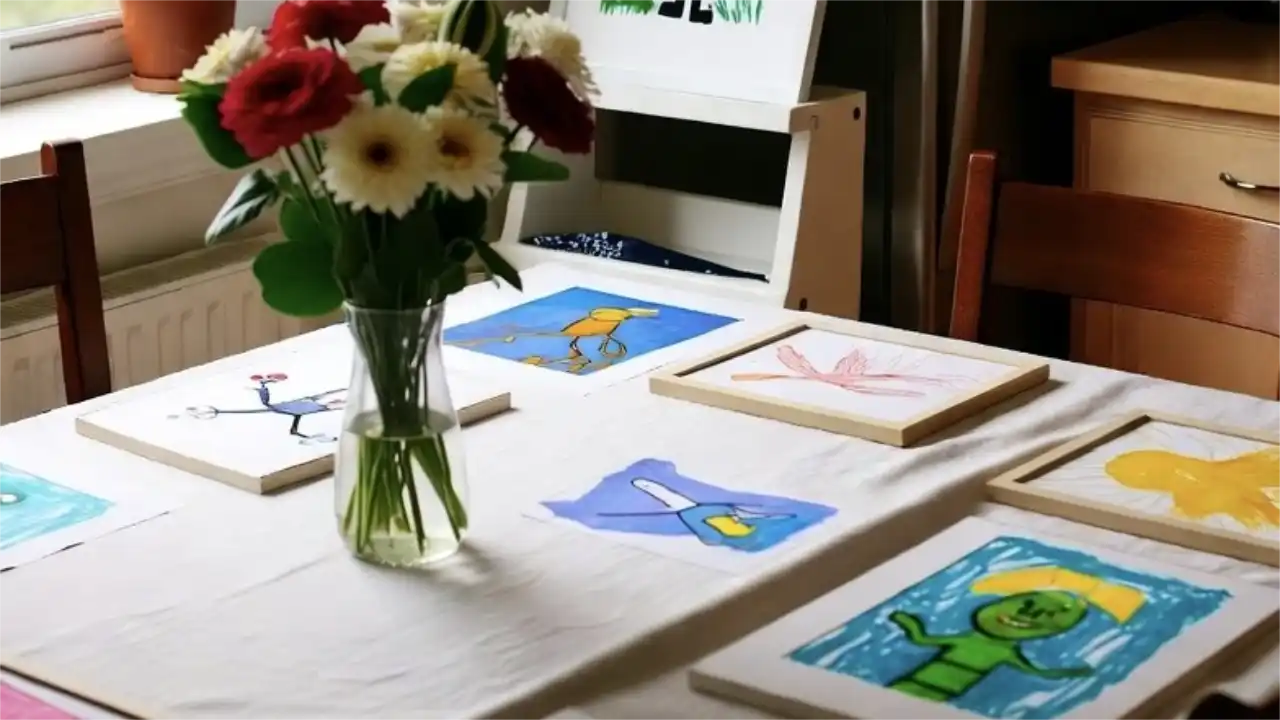
Engaging with Art and Literature: Spark Creative Contests with Art
K
ids’ imaginations flourish when they feel free to explore without judgment. Artistic contests—whether through vibrant murals or invented stories—echo the spirit of Renaissance workshops, where boldness and craft came together. These creative challenges aren’t just about winning; they’re about discovering a voice. When children express themselves through color, rhythm, or narrative, they build the courage to share ideas, take risks, and think beyond the obvious.
My daughter once paused during a family art contest, unsure of what to draw. “What are you imagining?” I asked. She described a bustling market and soon began sketching it—stalls, lanterns, faces. Her drawing grew with each detail, and so did her pride. Later, she entered a school competition with confidence. These low-stakes contests give children room to try new styles and push past hesitation. That comfort with experimentation often spills into writing, presentations, or creative problem-solving.
To spark this spirit, host regular contests with open-ended themes—like dreaming up a mythical creature or retelling a moment from history through art. Invite others to join in or cheer from the sidelines. Display their work, even briefly, to show it matters. These small rituals foster joy, resilience, and a willingness to try. With each drawing or story shared, your child builds not only creative skill but the quiet belief that their ideas are worth putting into the world.
Engaging with Art and Literature
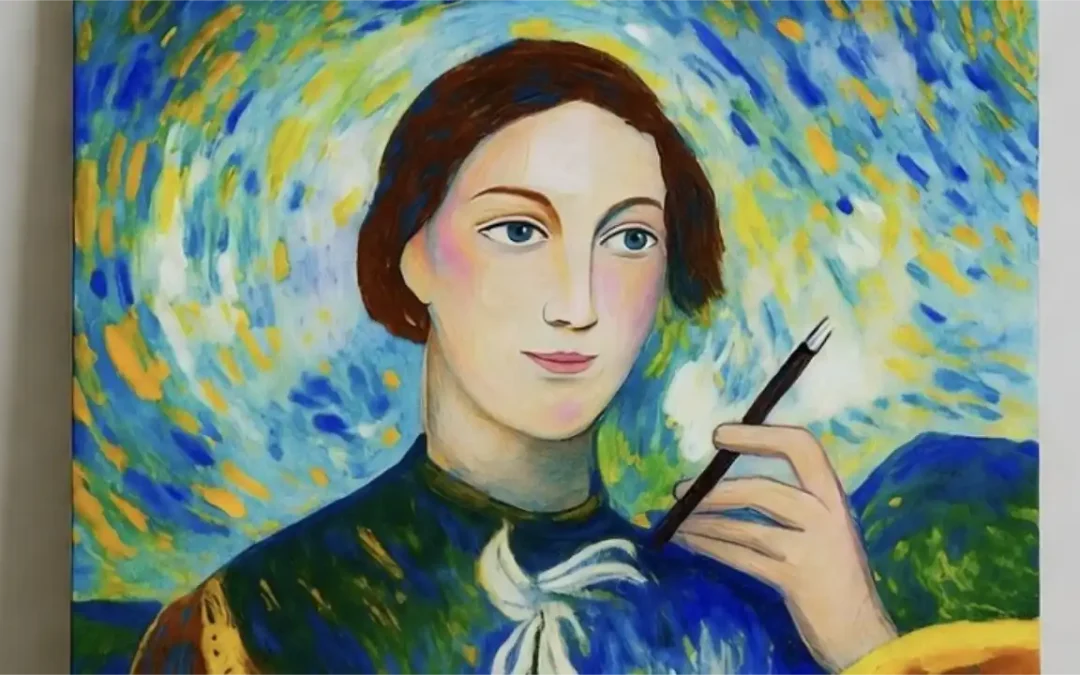
Engaging with Art and Literature: Discuss and Analyze Art to Build Thinking
Talking about art helps children observe closely and think deeply. Learn simple questions to guide reflection, interpretation, and thoughtful discussion.
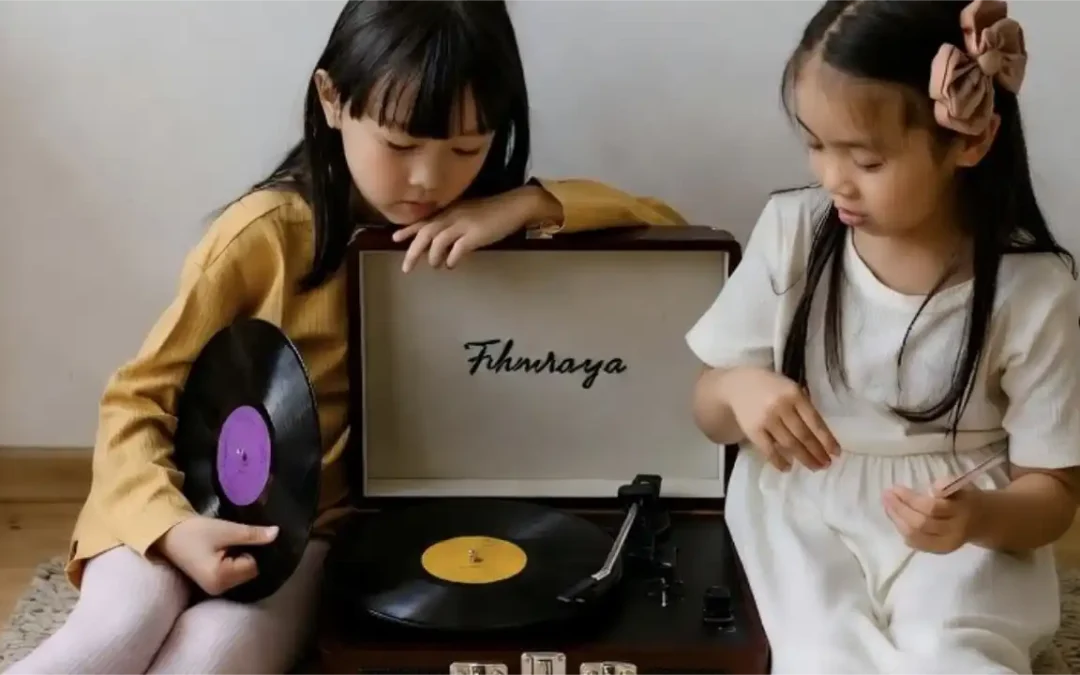
Engaging with Art and Literature: Expose Children to Varied Styles and Genres
Exploring diverse music, books, and art expands imagination and empathy. Introduce children to new styles that spark creativity and flexible thinking.
Table of contents

Primordial Soup for the Mind: Navigation
Navigate the book Primordial Soup for the Mind.
TIPS
- Keep themes open for freedom.
- Praise effort over perfection.
- Display creations to celebrate.
ACTIVITIES
- Create Clash: Hold a drawing contest and ask, “What’s your idea?” Discuss for 15 minutes.
- Story Spark: Write tales and ask, “What inspired you?” Talk for 10 minutes.
EXAMPLE
My son’s contest story shone, boosting his writing confidence.

Download “Primordial Soup for the Mind: A Parent’s Guide to Nurturing Intellectual Growth”
Enter your information to get this article and hundreds more as part of the FREE book Primordial Soup for the Mind.
Share your thoughts with the Thought Academy community in the Comments section below.

Sharpen those skills!
Enter your information to get our FREE practice exercises so you can hone your critical thinking and reasoning skills!




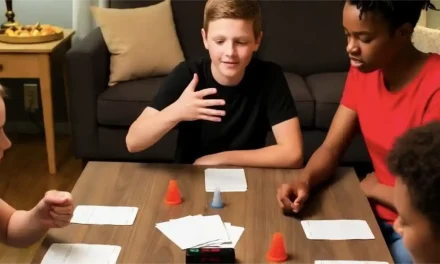
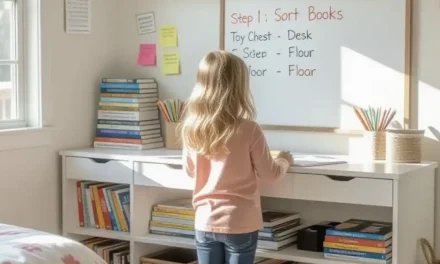

0 Comments